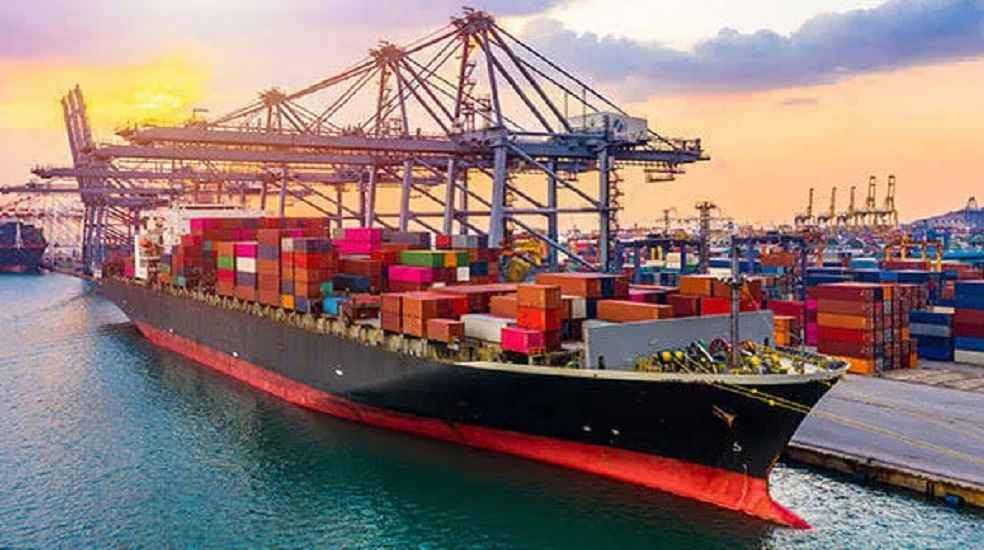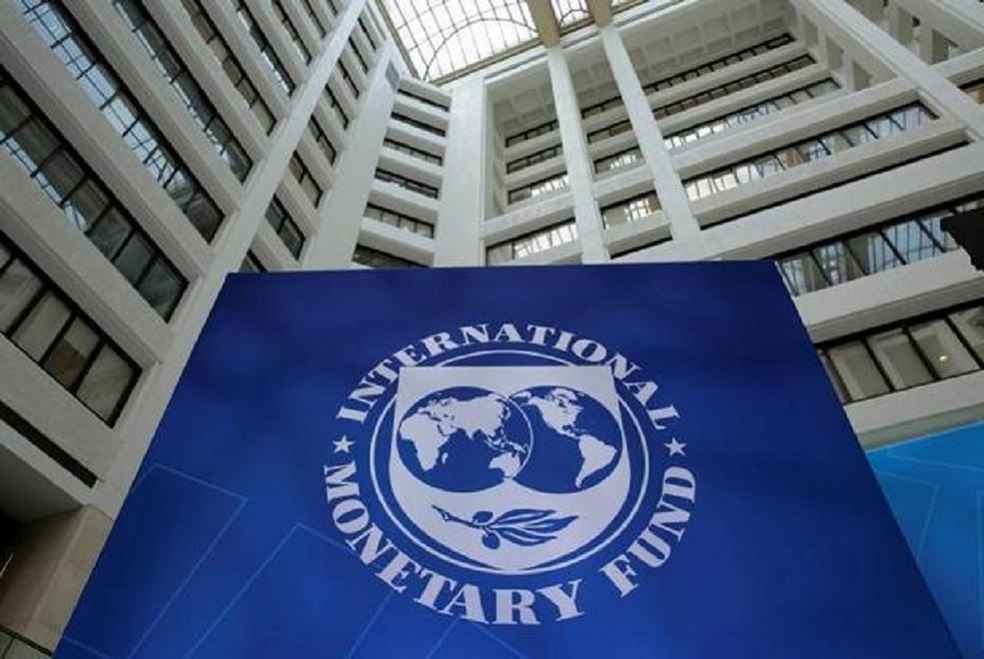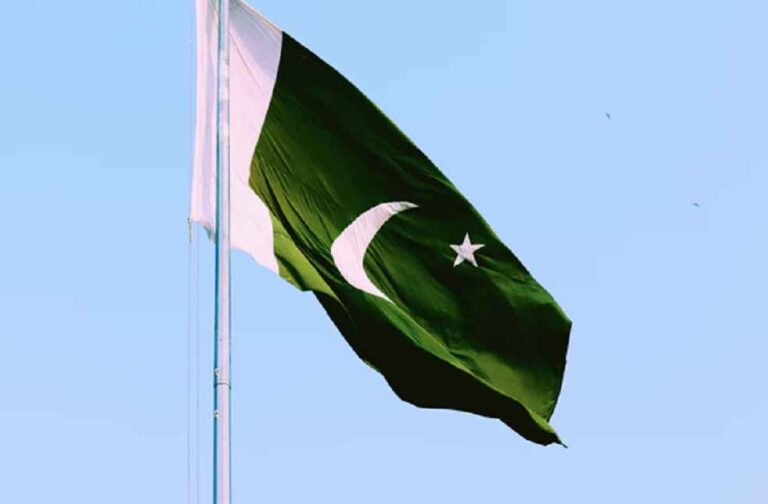To stem the swift decline of its limited foreign exchange reserves, Pakistan’s interim government is contemplating the implementation of stringent regulatory Import duties on an extended list of luxury and non-essential items. This initiative is one aspect of a comprehensive strategy that also encompasses the revitalization of regionally competitive gas and electricity rates for sectors oriented towards exports, as well as other measures to bolster foreign exchange inflows via exports.
These measures were recently deliberated upon during meetings of the Special Investment Facilitation Council (SIFC), an authoritative body consisting of members from both the civilian and military sectors. Leading this initiative is the Caretaker Commerce Minister, Gohar Ejaz, who is also the chief patron of the All Pakistan Textile Mills Association (Aptma).
Last year, Pakistan’s import portfolio amounted to $55 billion, of which $17bn was designated for oil imports and $9bn for the food sector, encompassing $3.6bn in palm oil imports. Textile imports constituted approximately $3.7bn, inclusive of $1.7bn in raw cotton imports. The previous government, succumbing to international pressure, imposed hefty, time-bound regulatory duties after lifting a comprehensive ban on imports, in compliance with the World Trade Organization’s regulations.

Officials have indicated that this time, nearly 1,100 items, almost 30% more than the 860 items subjected to increased regulatory duties last year, will incur various levels of regulatory duties. Additionally, active consideration is being given to modifying procedural regulations for importing three-year-old vehicles, both small and luxury. Notably, numerous items being considered for regulatory duties are essential intermediary raw materials for export sectors, encompassing textiles, chemicals, and footwear.
The finance ministry has adopted a petroleum products pricing policy that omits subsidies but is designed to recuperate the entire imported cost, inclusive of exchange rate losses, while also levying substantial taxes through a petroleum levy, capped at Rs60 for petrol and Rs50 for diesel. This levy is adjusted to sustain an average petroleum levy of Rs55 per annum, as specified in an agreement with the International Monetary Fund (IMF). There are predictions that the diesel levy may experience further augmentation in the ensuing months.
Vegetable/cooking oil will soon rank as the second-largest item subjected to a regulatory duty, intended to curtail its consumption and consequently, the loss of foreign exchange. Pertaining to automobile imports, small vehicles will be accessible to overseas Pakistanis remitting $50,000 annually to their home country, while the equivalent limit for luxury vehicles, such as 4x4s, will surpass $5 million.

Commerce Minister Ejaz has advocated vehemently for the reinstatement of the zero-rated status and regionally competitive tariff (electricity at 9 cents per unit and gas at $7.5 per unit) that was rescinded by the Pakistan Democratic Movement’s government to satisfy IMF prerequisites. This scheme could experience a partial revival based on incremental energy consumption relative to the previous year and contingent upon an escalation in exports.
Additionally, industries oriented towards exports, particularly textiles, may be granted the option to purchase electricity directly from proximate power plants, contingent upon the payment of wheeling charges to distribution companies, thereby ensuring a consistent supply and stable load for the industry. Yet, this proposal may encounter opposition from the Discos unless their revenue flow is safeguarded.

Last May, the PDM government instituted a ban on 860 items across 33 categories, only to retract it three months later to mollify international resistance to the resumption of the IMF program.
LATEST NEWS | Pak’s Textile Crisis: Debt and Disaster Hinder Industry Growth



